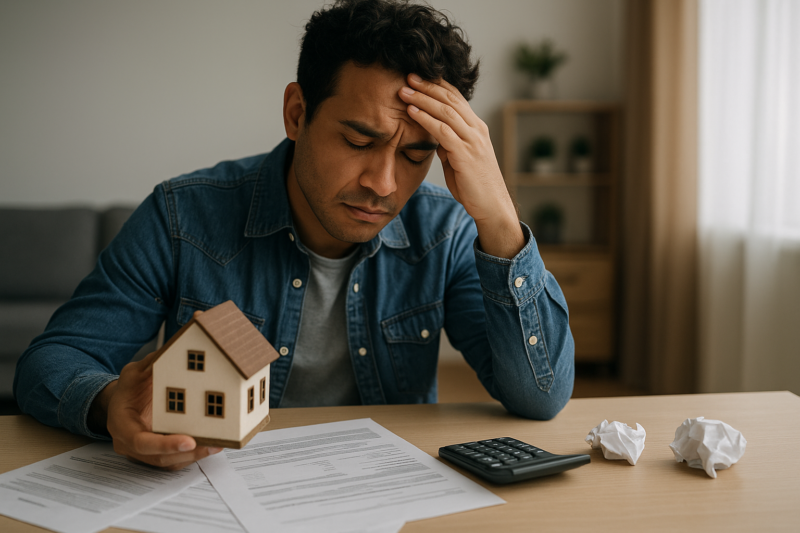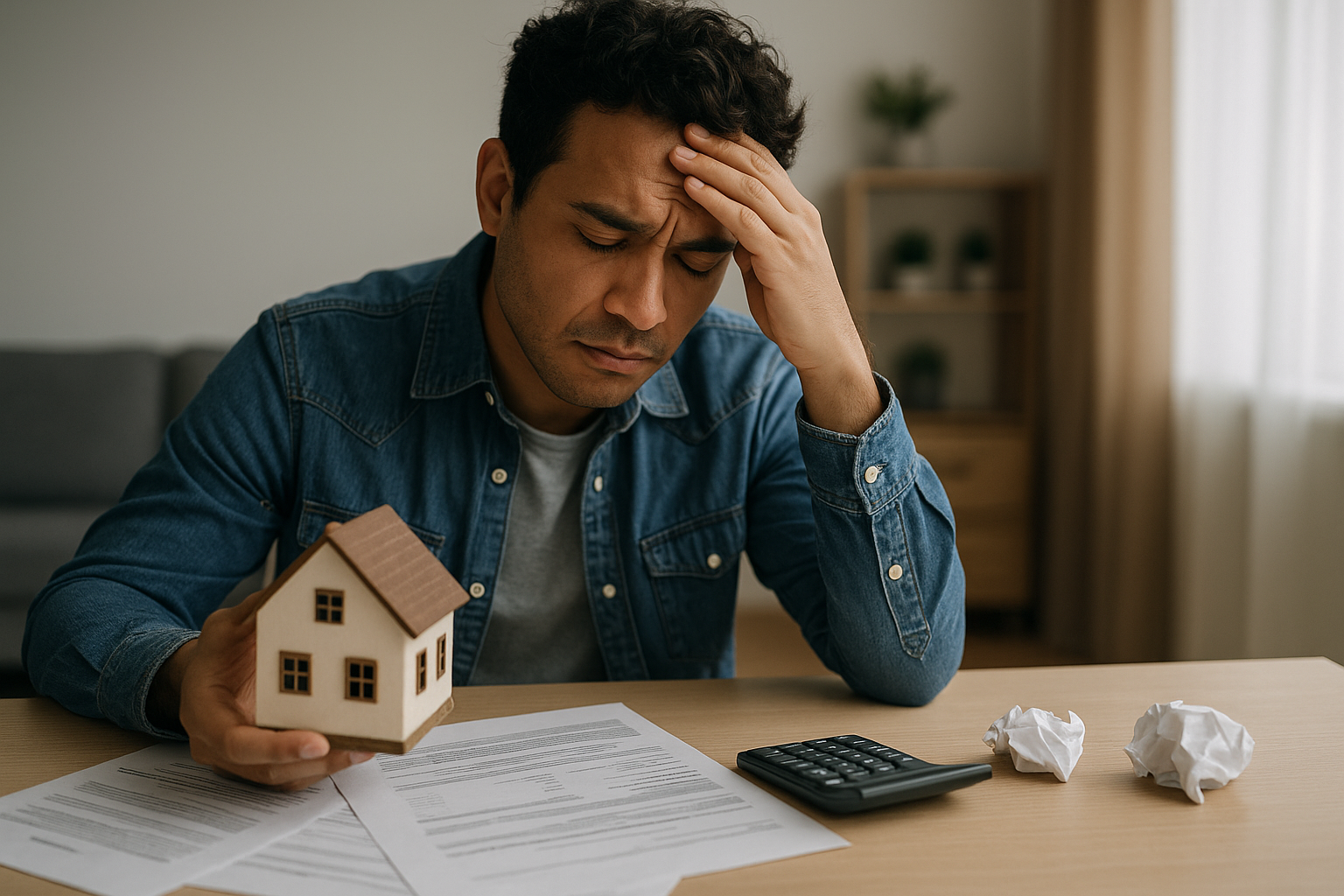One of the most common questions I get asked is “When should I buy my next (or first) investment property?”
But that question is pretty much like asking “How long is a piece of string?”
There are a lot of variables to consider.
It’s true, being a savvy investor is about timing.
However, instead of trying to time the market, a smart tactic is to determine the right time for you and your own personal circumstances.
A fast-moving market — like the climate we’ve been experiencing post-pandemic — is encouraging a new generation of Australians to get involved in property investment.
They’ve read about countless property investors turning an eye-watering profit and they want in on the action.
What is worth noting, however, is that many people entering at this point in the property cycle will not get the results they’re hoping for — and require.
Not all properties will increase in value equally.
As a result, some wannabe investors shouldn’t even get involved in a property at all right now.
So let’s look at 5 telltale signs you’re NOT ready to buy.

1. You haven’t saved a large enough deposit
The reality is, you need money to invest in property and you might be surprised how much it takes to get the ball rolling successfully.
If you already have equity then that is one significant step towards investing but the more you save, the better the financial position you’ll be in.
So, if you don’t have the financial discipline to save a sizeable deposit before you get started, then maybe you shouldn’t be borrowing money to get involved in investing.
2. You don’t understand how the property cycle works
Last year was a very unusual year for our property market — and property values increased in almost every location around Australia, and that’s very unusual.
Around 98% of locations across Australia recorded price uplift; most had double-digit growth and the value of many properties rose by more than 20%.
However, moving forward, the various property markets will be very segmented, which is a more “normal” property market.
In other words, in 2022 the value of properties in some locations will rise strongly, some will increase in value moderately, properties some locations will languish as affordability becomes an issue and a few areas will experience falling property values — all based on local demographics, economics and supply, and demand.
Sure, over the long term, well-located quality residential real estate does increase.
But it is equally true that there are times during every property cycle when values stagnate — sometimes for several years.
Then, there can be short periods when the value of your property will even fall a little. It’s just the natural way of every property cycle.
Having said that, A-grade homes and investment-grade properties are typically less volatile.
However, there might still be times when the value of these prime properties falls, even if temporarily.
3. You don’t have your financial house in order
Even if you have a sufficient deposit saved, you will still need to make sure your other financial ducks are in a row.
There is no real point in having a deposit ready to go if you have significant debts in your name.
Before even thinking about heading down the investment path, focus on reducing — or eliminating — your credit card, or store card debts as well as wrapping up any other personal loans.
These all attract higher interest rates and will become financial liabilities in the future.
Also, if you don’t have a cash buffer (outside of the deposit) or you tend to live paycheque to paycheque then you aren’t in the best position to be buying real estate.
A financial buffer is vital for both homeowners and investors because life is full of surprises. And with impending interest rate rises on the horizon, you’ll need to be prepared for increased mortgage repayments.
4. You don’t have a long-term investment strategy
Real estate is not a get-rich-quick scheme.
Attaining wealth through property doesn’t just happen; it’s the result of a well-executed plan.
When you have a carefully considered and strategic property investment plan then you’re more likely to achieve the future financial freedom you desire.
By creating a Strategic Property Plan you can define your financial goals and ascertain whether or not they are realistic, especially for your preferred timeline.
With a plan in place, you can then measure your progress after you’ve bought an investment property and see if you’re on track to achieving your goals.
It means you can easily gauge whether your property portfolio is working for you, or if you’re actually working for it.
A good investment strategy will also help you find ways to maximise your wealth creation through property and identify risks you perhaps hadn’t otherwise considered.
Ultimately, with a tailor-made strategy in place, you’ll be able to grow your nest egg through your property portfolio faster and more safely than the average investor.
5. You don’t have a good team around you
Property investment is a team sport.
To really succeed, you’ll need a good property strategist to help you define your plan, an accountant to help you legally minimise your tax, a trusted solicitor to assist you with asset protection, and a buyer’s agent to guide you into choosing the right property.
If you’ve read through these telltale signs and realise you might not be ready to buy right now, but you’re still passionate about investing in property, here’s how you can get ready.
- Educate yourself through podcasts and blogs — but be careful who you listen to and only learn from those who have achieved what you want to achieve
- Pay off your debts and become financially fluent when it comes to tax, the economy, and how the legal system works
- Visit a mortgage broker to get a good idea of your borrowing capacity
- Build a strategic property plan so you can see what’s realistic for your circumstances and what you need to change in order to to achieve your property goals














